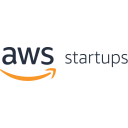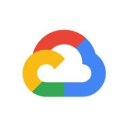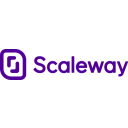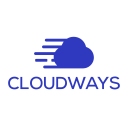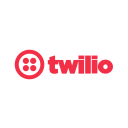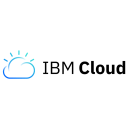DigitalOcean vs AWS: Choosing the right cloud service
- 01DigitalOcean vs AWS Activate: overview
- 02What's the difference between DigitalOcean and AWS Activate?
- 03DigitalOcean pros and cons
- 04AWS Activate pros and cons
- 05DigitalOcean compared to AWS Activate
- 06AWS Activate compared to DigitalOcean
- 07Features comparison
- 08DigitalOcean vs AWS Activate: Which is the best for your business?
- 09Promotions on Cloud Storage software
- 10Alternatives to DigitalOcean & AWS Activate
Access up to $5,000 savings on DigitalOcean & $300,000 on AWS Activate
Access up to $5,000 savings on DigitalOcean & $300,000 on AWS Activate
If your business relies on cloud infrastructure services, you need a powerful platform to help you deploy, manage, and scale your applications. However, with a multitude of options available, selecting the right cloud provider can be a challenging task.
To simplify your decision-making process, we'll be comparing two prominent cloud service providers—DigitalOcean and AWS (Amazon Web Services). AWS, with its inception in 2006, is a well-established giant in the cloud computing industry. On the other hand, DigitalOcean, although relatively newer in comparison, has gained significant popularity for its simplicity and developer-friendly approach.
DigitalOcean vs AWS Activate: overview
DigitalOcean and AWS are two known cloud computing platforms that have different purposes and cater to different user groups. While both platforms offer scalability and efficiency, there are differences between them that you should pay attention to.
DigitalOcean focuses on simplicity, affordability, and user-friendliness making it an excellent choice for startups and small-to-medium-sized businesses (SMBs). On the other hand, AWS provides a range of services and features that specifically address the needs of enterprises with complex requirements. In this article, we will compare DigitalOcean versus AWS based on pricing, performance, scalability, security, and support offerings. By doing so, readers can make decisions based on their specific needs and preferences.
What's the difference between DigitalOcean and AWS Activate?
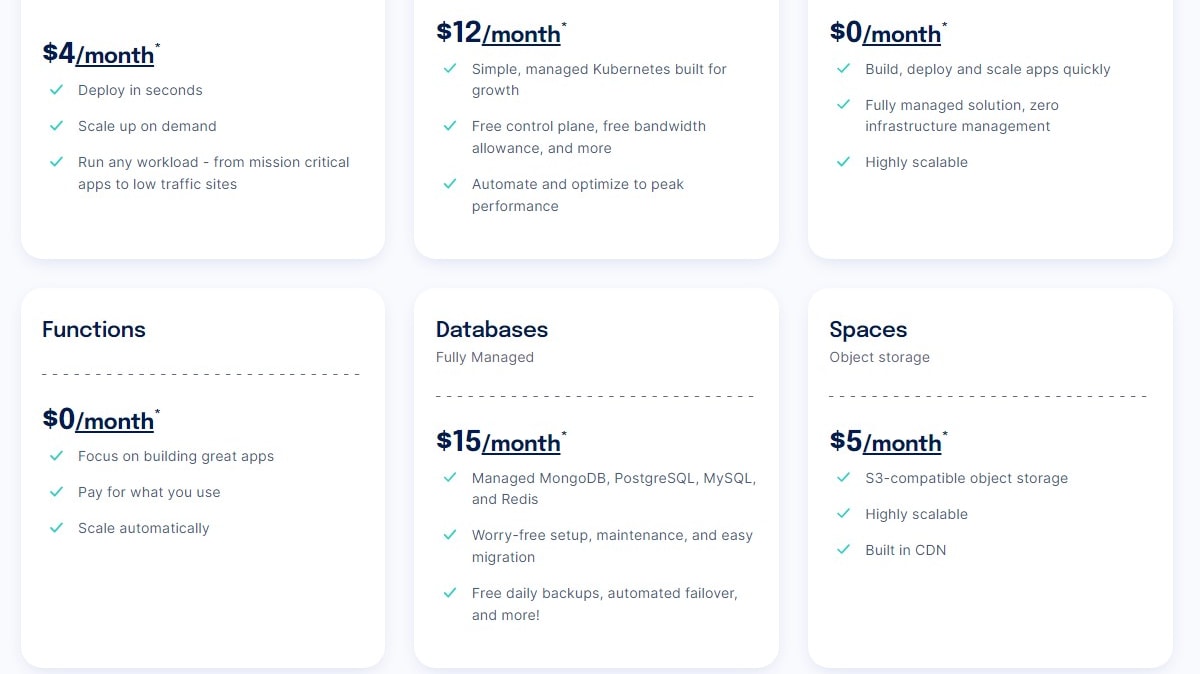
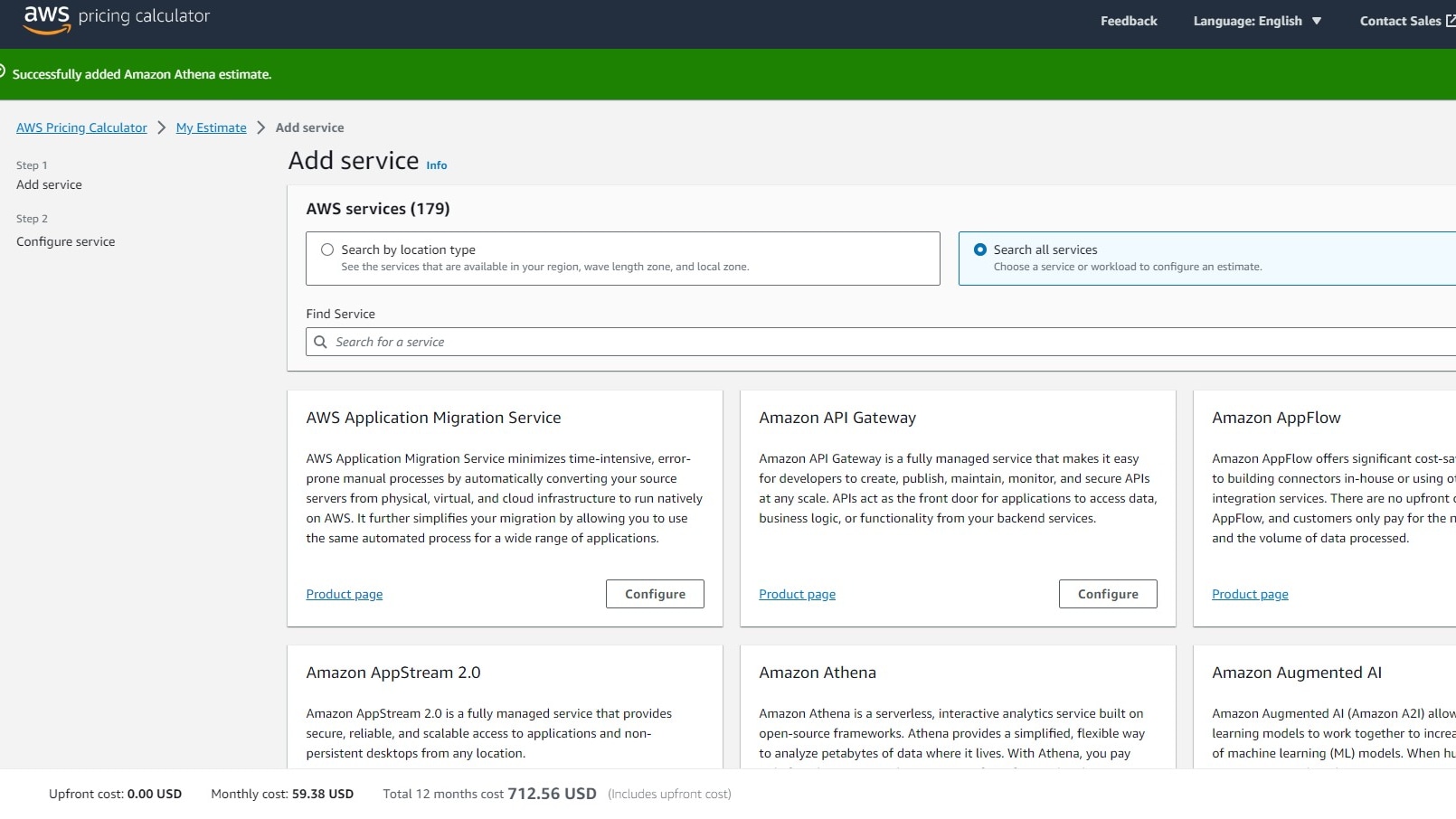
DigitalOcean and AWS are known cloud computing platforms that have their unique characteristics. DigitalOcean stands out for its simplicity and affordability making it an excellent choice for startups and medium-sized businesses (SMBs). On the other side, AWS provides a variety of services and features that make it a better fit for large companies. One major advantage of DigitalOcean is its pricing, as it tends to be more affordable than AWS. This can be a deciding factor for medium-sized businesses on a tight budget. By choosing DigitalOcean businesses can save money without sacrificing performance or scalability.
In terms of performance and scalability, both DigitalOcean and AWS are robust platforms capable of handling billions of requests. DigitalOcean offers optimized machines tailored to the needs of developers allowing for resource utilization and enhanced productivity. Users have praised DigitalOcean for its user interface, too. AWS has established itself as an industry leader through its range of infrastructure and platform services. With its suite of tools and features AWS caters effectively to businesses with specific scalability requirements. Its infrastructure is specifically designed to handle workloads while ensuring availability and reliability.
One other significant distinction between DigitalOcean and AWS lies in their approach to customer support. DigitalOcean has gained recognition as a provider that prioritizes delivering support services. It offers a variety of resources, including a knowledge base, informative tutorials, and an active community that readily assists developers in overcoming any challenges they may encounter. This level of support is particularly advantageous for startups and medium-sized businesses seeking guidance and assistance. On the other hand, AWS, being an established platform, provides comprehensive support options that encompass round-the-clock technical assistance, detailed documentation, and training resources. It caters to the needs of enterprises by offering enterprise-level support plans specifically tailored for businesses requiring assistance.
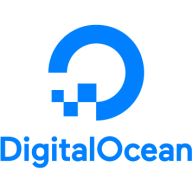
$5,000 in credits for 1 year on DigitalOcean
Get $5,000 in credits for 1 year on DigitalOcean and up to $5,000 savings with Secret.
DigitalOcean pros and cons
What are the advantages of DigitalOcean?
- Ease of use: DigitalOcean is renowned for its user-friendly interface and straightforward setup. Developers, especially those new to cloud computing, find it easy to navigate and get started quickly.
- Pricing transparency: DigitalOcean offers transparent and predictable pricing. Users can choose from various pricing plans, and they can see exactly how much they'll be charged, eliminating surprises in their bills.
- Developer-focused: DigitalOcean caters to developers by providing a range of pre-configured "Droplets" (virtual machines) that simplify deployment. It also offers a wealth of tutorials, a strong community, and APIs to facilitate application development and deployment.
- High-performance SSDs: DigitalOcean employs SSD (Solid State Drive) storage across all its plans, delivering fast and reliable storage performance, which is crucial for application responsiveness.
- Scalability: While DigitalOcean is often associated with smaller projects and startups, it offers scalable solutions that can grow with your needs. You can easily upgrade your Droplets or utilize Kubernetes for container orchestration to handle larger workloads.
What are the disadvantages of DigitalOcean?
- Limited service portfolio: DigitalOcean primarily focuses on virtual servers (Droplets), managed databases, Kubernetes, and basic networking services. It doesn't provide the extensive range of services and features that larger cloud providers like AWS or Azure offer.
- Geographical availability: DigitalOcean has data centers in select regions, so its geographical coverage is not as extensive as some larger providers.
- Limited enterprise features: DigitalOcean may not be the best choice for enterprises with complex infrastructure requirements, advanced compliance needs, or those seeking dedicated account management and support.
- Less mature ecosystem: DigitalOcean's ecosystem is not as mature as those of major cloud providers, which means you might need to rely more on third-party integrations or custom solutions for certain tasks.
- Network limitations: While DigitalOcean's networking capabilities have improved, it may not be the best choice for network-intensive applications or those with specific network requirements.
Compare DigitalOcean to other tools
AWS Activate pros and cons
What are the advantages of AWS Activate?
- Vast service portfolio: AWS offers an extensive range of services, including computing, storage, databases, machine learning, analytics, IoT, and more. This vast service portfolio allows you to build virtually any type of application or solution within the AWS ecosystem.
- Global reach: AWS has a global network of data centers (AWS Regions and Availability Zones) in multiple countries, providing low-latency access and redundancy. This global infrastructure is especially valuable for businesses with international reach.
- Scalability and flexibility: AWS allows you to scale resources up or down as needed. Whether you need to handle sudden traffic spikes or adjust resources based on demand, AWS provides the flexibility to do so easily.
- Security and compliance: AWS invests heavily in security and compliance measures. They offer a wide array of security features and compliance certifications, making it a trusted choice for organizations with strict security and regulatory requirements.
- Rich ecosystem and third-party integrations: AWS has a vast ecosystem of partners and third-party integrations. You can find solutions for monitoring, DevOps, security, and more, enabling you to customize and optimize your cloud environment effectively.
What are the disadvantages of AWS Activate?
- Complex pricing: AWS pricing can be complex due to the multitude of services and pricing models. Users may find it challenging to predict costs accurately, and misconfigurations can lead to unexpected expenses.
- Learning curve: AWS's breadth of services and features can be overwhelming for newcomers. It may require time and effort to learn how to effectively navigate and utilize the platform's capabilities.
- Support costs: While AWS offers different support plans, premium support can be expensive. Depending on your needs, the cost of AWS support can add significantly to your overall cloud expenses.
- Overhead for management: Managing resources in AWS requires ongoing attention and management, especially as your infrastructure scales. This can be a pro or a con, depending on your perspective, as it offers control but also requires ongoing effort.
- Data transfer costs: AWS charges for data transfer between regions and out of its network. If you have substantial data transfer requirements, these costs can add up, impacting your overall cloud expenses.
Compare AWS Activate to other tools
DigitalOcean compared to AWS Activate
Comparing DigitalOcean to AWS highlights DigitalOcean's appeal in simplicity and cost-efficiency. It caters to startups, developers, and small to medium-sized businesses, ideal for those with budget constraints and a desire for user-friendly cloud solutions. DigitalOcean's pricing model stands out with its transparency, ensuring predictable costs, a boon for businesses aiming to swiftly expand without financial surprises.
A notable advantage is DigitalOcean's intuitive interface, making cloud computing accessible even to novices. Features like Droplets (virtual machines) and managed Kubernetes simplify deployment, freeing developers to concentrate on application development, reducing operational complexity.
While AWS excels in comprehensive cloud services, DigitalOcean shines for its streamlined, budget-friendly approach, a strong draw for those starting their cloud journey.
Is DigitalOcean better than AWS Activate?
Evaluating whether DigitalOcean surpasses AWS hinges on unique business needs. DigitalOcean boasts advantages that shine in specific scenarios.
DigitalOcean boasts predictable and cost-effective pricing, a boon for budget-conscious businesses. Its user-friendly interface and ready-to-use Droplets (virtual machines) streamline deployment, enabling developers to prioritize application development over intricate infrastructure management. Furthermore, DigitalOcean's managed Kubernetes service and developer-centric ecosystem make it an appealing choice for containerized application deployments.
While DigitalOcean offers clear benefits in affordability and developer-focused features, AWS caters to a broader spectrum of complex enterprise needs, making the decision context-dependent.
What is DigitalOcean best used for?
DigitalOcean finds its sweet spot in optimizing cloud infrastructure, rendering it a top pick for web developers, startups, and small to medium-sized enterprises. Its straightforwardness and developer-centric orientation expedite the deployment of virtual machines (Droplets) and applications, particularly well-suited for web hosting and developmental environments.
The allure of DigitalOcean lies in its competitive pricing and transparent billing practices, attracting businesses with fiscal constraints. Although it may lack the expansive service catalog of larger cloud providers, its user-friendliness and scalability render it the preferred choice for cost-effective cloud solutions. Whether it's for web hosting, web applications, or development environments, DigitalOcean remains an agile, budget-conscious option that offers significant value.
Can DigitalOcean replace AWS Activate?
Determining if DigitalOcean can effectively replace AWS is intricate, contingent on several facets. DigitalOcean shares fundamental cloud computing components with AWS, such as virtual machines, storage, and networking services. However, it differentiates itself by prioritizing a simplified, developer-centric cloud infrastructure approach.
Whether DigitalOcean functions as a practical AWS alternative pivots on an organization's specific requisites. DigitalOcean thrives with startups, developers, and small to medium-sized enterprises searching for rapid deployment capabilities. It excels for web hosting, application development, and containerized workloads. Yet, DigitalOcean may not match AWS's extensive feature repertoire and global reach, particularly for intricate, enterprise-level projects. The choice should align with the project's complexity and scalability demands.
Is DigitalOcean cheaper than AWS Activate?
When it comes to cost-effectiveness, DigitalOcean often outshines AWS. DigitalOcean’s pricing system that is both transparent and predictable. Users have the flexibility to select from diverse pricing plans, including a competitive entry-level option, providing an accessible starting point for businesses with constrained budgets. In contrast, AWS employs a more intricate pricing structure with various services and pricing options, complicating accurate cost estimation.
Moreover, DigitalOcean's pricing model is celebrated for its transparency, devoid of concealed fees or surprise charges. This simplicity aids startups and small enterprises in effectively managing their cloud expenses.
Is there a better Cloud Storage software than DigitalOcean?
While DigitalOcean offers a range of advantages, exploring alternative cloud service providers is crucial to ensure alignment with specific requirements and objectives.
The cloud computing landscape presents notable alternatives to DigitalOcean, including Amazon Web Services (AWS), Microsoft Azure, Google Cloud Platform (GCP), and IBM Cloud.
The choice of cloud provider depends on various factors, such as the complexity of your infrastructure, geographic coverage needs, compliance requirements, and budget considerations. However, if you value a cloud provider known for its simplicity, developer-friendly approach, and cost-effectiveness, DigitalOcean may indeed be the ideal choice for your cloud infrastructure needs.
$5,000 in credits for 1 year on DigitalOcean
Get $5,000 in credits for 1 year on DigitalOcean and up to $5,000 savings with Secret.
AWS Activate compared to DigitalOcean
Amazon Web Services (AWS) sets itself apart with an extensive range of cloud services and a comprehensive approach to cloud computing. Beyond computing resources, AWS offers an expansive ecosystem encompassing databases, machine learning, IoT, security, and more. This holistic approach makes AWS an adaptable choice for businesses seeking to address diverse IT and infrastructure requirements within a unified cloud platform.
AWS's scalability stands as a notable strength, permitting resources to adjust dynamically to fluctuating workloads. It boasts a global network of data centers, featuring AWS Regions and Availability Zones, ensuring redundancy and delivering low-latency access. This global presence suits businesses with international operations, facilitating reliability and responsiveness across diverse geographic locations.
Is AWS Activate better than DigitalOcean?
Assessing whether AWS outperforms DigitalOcean hinges on your business's specific goals and needs. AWS shines with its extensive service portfolio, global presence, and enterprise-grade capabilities. It boasts a comprehensive range of cloud services, spanning computing, storage, databases, machine learning, IoT, and more. Its global network of data centers also ensures exceptional availability and low-latency access, catering to businesses with international reach.
Moreover, AWS prioritizes robust security, boasting compliance certifications and a strong emphasis on security and compliance. This makes it a top choice for organizations subject to strict security and regulatory requirements, ensuring data protection and regulatory compliance.
What is AWS Activate best used for?
Amazon Web Services (AWS) stands as a formidable cloud computing platform, celebrated for its adaptability and scalability. It finds its prime applications in website and application hosting, vast data storage and analysis, and the deployment of diverse computing resources. Businesses, whether startups or enterprises, can harness AWS to effortlessly expand their infrastructure as demand fluctuates, guaranteeing peak performance and cost-effectiveness. For instance, during holiday sales, an e-commerce site can seamlessly manage increased traffic.
AWS further dazzles with an extensive array of services, encompassing machine learning and artificial intelligence capabilities, positioning it as the preferred choice for organizations pursuing cutting-edge technologies. Robust security features and global coverage accommodate a spectrum of industries, including finance, healthcare, and gaming. In summary, AWS remains the premier option for businesses aiming to exploit cloud capabilities for innovation and expansion.
Can AWS Activate replace DigitalOcean?
The feasibility of AWS substituting DigitalOcean significantly relies on a business's precise needs and objectives. AWS provides an extensive array of cloud computing services, exceptional scalability, and global coverage. It is well-suited for handling intricate applications and substantial workloads, often catering to enterprise-level demands. Nevertheless, it may entail higher costs and increased complexity, which might be cumbersome for smaller projects.
For businesses with straightforward hosting requisites, DigitalOcean may represent an apt, budget-friendly option. Conversely, organizations with intricate, highly scalable, and resource-intensive needs may discover AWS's comprehensive capabilities to be advantageous.
Is AWS Activate cheaper than DigitalOcean?
When assessing cost-effectiveness, it's crucial to note that DigitalOcean generally presents a more budget-conscious pricing model compared to AWS.
AWS adopts a more intricate pricing framework, featuring various services and pricing options. Although AWS delivers a broad spectrum of services and capabilities, the intricacies of its pricing can pose challenges in accurately forecasting and controlling expenses. Businesses with substantial resource demands and dynamic workloads may encounter unexpectedly high bills, although an estimated cost of the services you need can be created using AWS’s pricing calculator. Conversely, DigitalOcean offers a transparent and predictable pricing model, simplifying cost estimation and management for businesses. This straightforward approach proves advantageous, especially for those seeking to maintain precise control over their cloud expenditures.
Is there a better Cloud Computing software than AWS Activate?
While AWS offers an extensive suite of cloud services and infrastructure capabilities, it's prudent to explore alternative cloud service providers that align better with your distinct requirements and objectives.
In the cloud computing arena, there exist several notable alternatives to AWS, including DigitalOcean, IBM Cloud, Oracle Cloud, and Microsoft Azure.
The choice of cloud provider depends on various factors, such as the complexity of your infrastructure, geographic coverage needs, compliance requirements, and budget considerations. However, if you value a cloud provider known for its extensive service offerings, global reach, and enterprise-level capabilities, AWS may indeed be the ideal choice for your cloud infrastructure needs.
20-50% off your monthly spend and up to $2,000 in credits on AWS Activate
Get 20-50% off your monthly spend and up to $2,000 in credits on AWS Activate and up to $300,000 savings with Secret.
Features comparison
DigitalOcean is Excels Ahead of AWS in Hosting and Storage
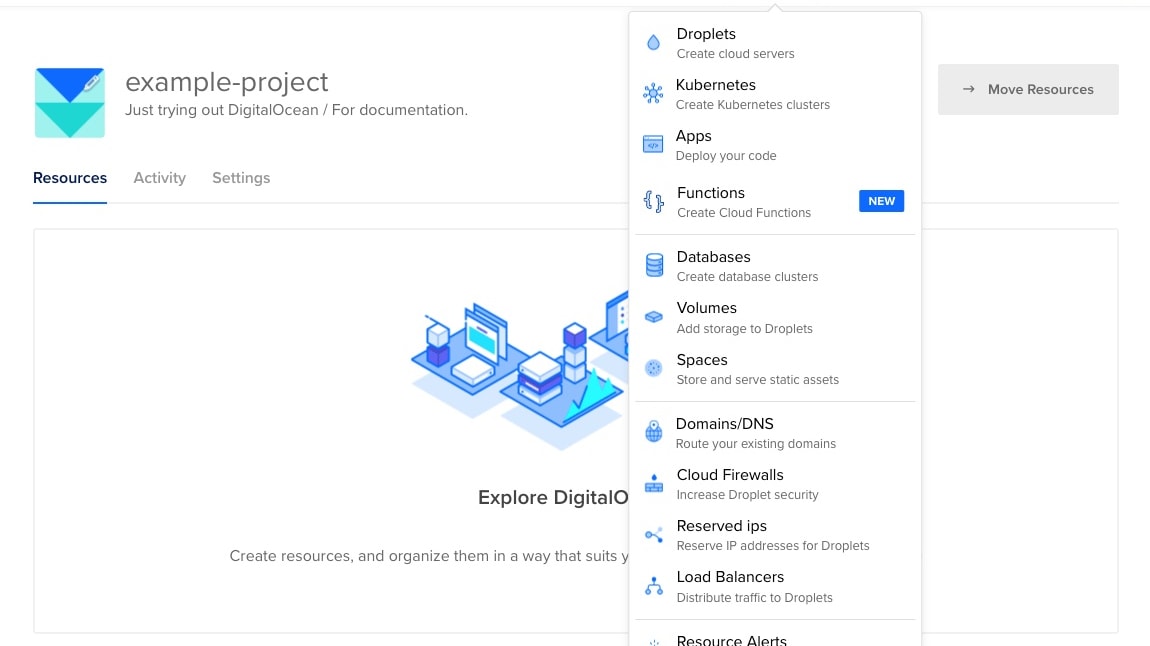
DigitalOcean simplifies secure cloud data hosting and access, offering agility tailored to small businesses. Its Object Storage feature facilitates the storage and management of vast volumes of unstructured data. Although AWS provides cloud storage solutions, DigitalOcean distinguishes itself through user-friendliness and seamless integration with other platform services.
For instance, DigitalOcean's Object Storage ensures straightforward data handling, making it accessible for small businesses seeking an uncomplicated yet effective storage solution. This emphasis on simplicity and efficiency positions DigitalOcean as an appealing choice for organizations with less complex storage needs, streamlining their cloud operations.
DigitalOcean Outperforms AWS in Database Management
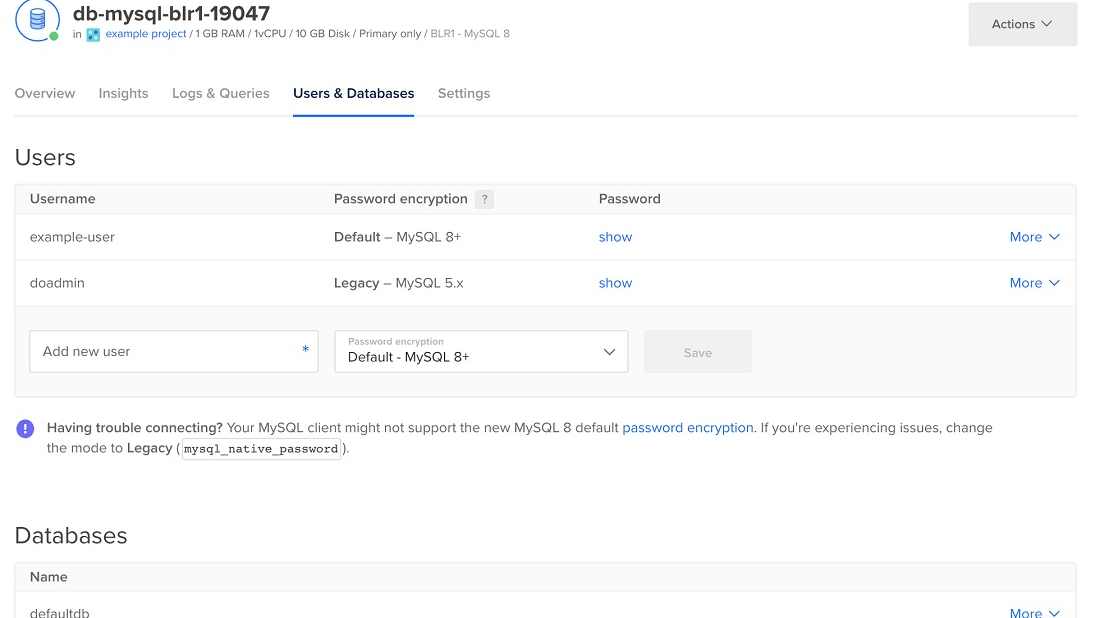
DigitalOcean stands out with its fully managed MySQL, PostgreSQL, and Redis databases, delivering high performance while relieving tech teams of management responsibilities. This streamlined database management enhances productivity, allowing teams to focus on core tasks. AWS, too, offers database services, but DigitalOcean's managed databases excel in simplicity and performance.
For instance, DigitalOcean's managed database service simplifies tasks such as database setup, maintenance, and scaling. This user-friendly approach is particularly advantageous for small to medium-sized businesses and startups seeking efficient database management without the complexity associated with AWS.
In summary, DigitalOcean's managed databases offer a compelling solution for organizations aiming to harness the power of databases while minimizing management overhead.
DigitalOcean and AWS are Provide Equally Robust Developer Tools
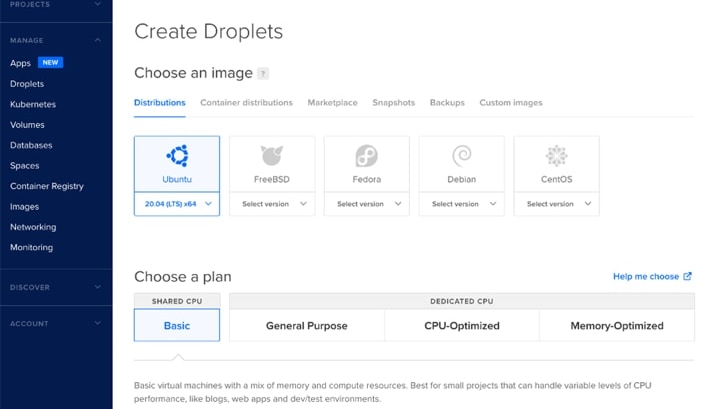
Both DigitalOcean and AWS offer a rich toolbox for developers, each with its distinct strengths. DigitalOcean excels in resource management and smooth integration into the broader developer ecosystem. It simplifies tasks like provisioning virtual machines (Droplets) and deploying applications, providing a streamlined experience.
Conversely, AWS equips developers with a diverse set of tools, encompassing SDKs and APIs. This comprehensive suite empowers developers to construct intricate applications effortlessly. For example, AWS's SDKs and APIs allow for the creation of robust, scalable web applications with advanced functionalities.
In essence, while DigitalOcean excels in user-friendliness and integration, AWS provides a broader spectrum of tools catering to developers aiming to build sophisticated and feature-rich applications.
AWS’s Computing Powers are Superior Compared to DigitalOcean
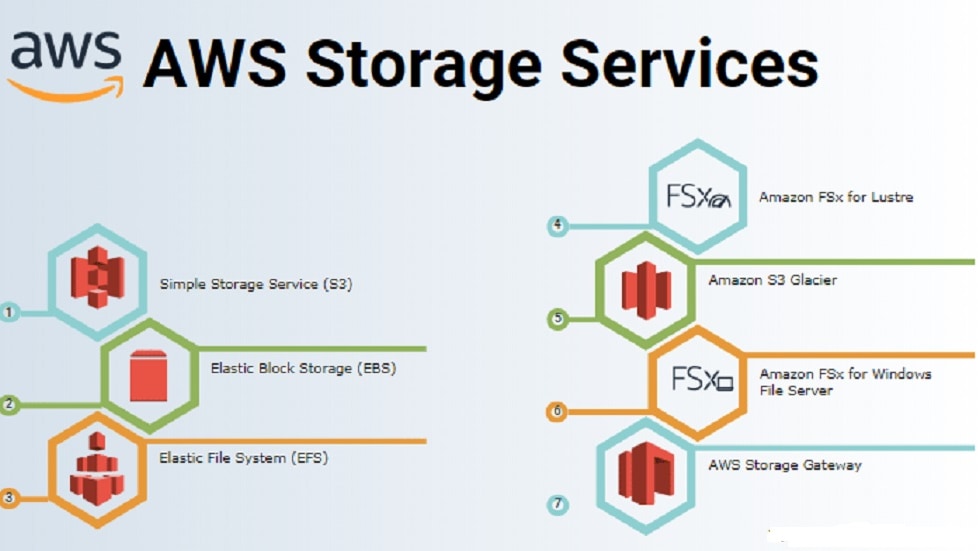
AWS offers dynamic and scalable computing capabilities through a pay-as-you-go framework. While DigitalOcean enables straightforward app development, deployment, and scaling, AWS provides a more comprehensive suite, empowering users to harness compute services for data processing, storage, web application hosting, and substantial big data initiatives.
AWS facilitates the seamless management of extensive computing resources for complex data analytics or the hosting of high-traffic web applications. This robustness enables enterprises to handle multifaceted computational tasks efficiently. While both platforms excel in their own right, AWS's extensive compute capabilities are particularly advantageous for businesses necessitating advanced computational power and scalability.
DigitalOcean Takes the Lead Against AWS for Ease of Use
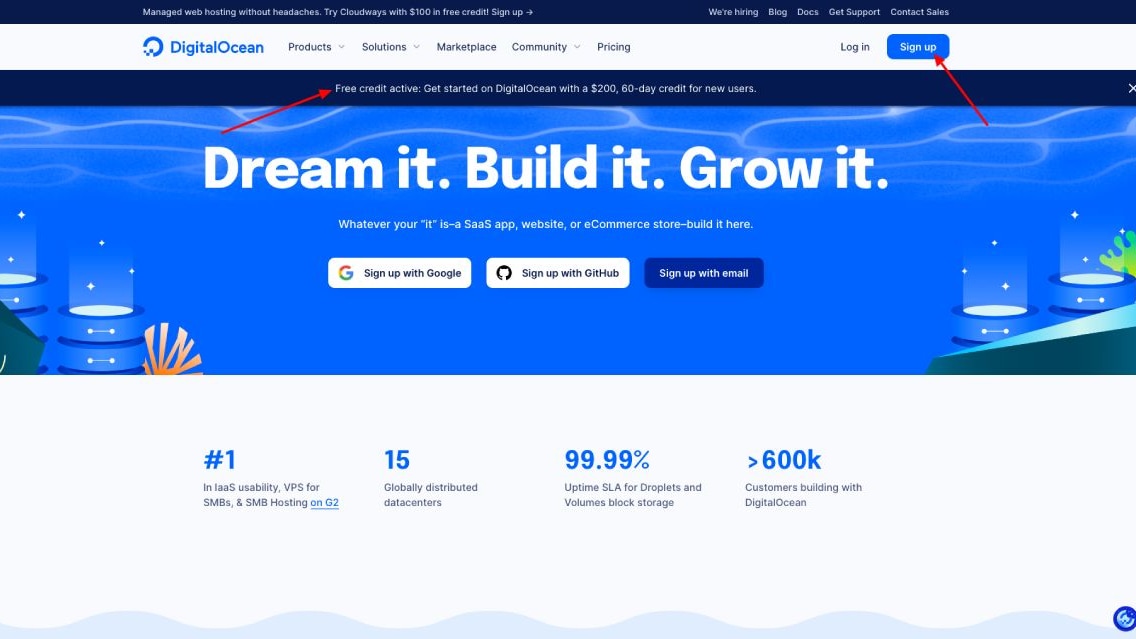
In terms of user-friendliness, DigitalOcean emerges as an excellent choice for newcomers and small businesses. Its platform boasts a more straightforward and intuitive interface compared to AWS, ensuring a smooth start without significant hurdles. The user-friendly control panel facilitates a seamless journey from setup to deployment.
Conversely, AWS, while offering a plethora of advanced features, can be challenging for beginners due to its complexity. Its vast functionality caters to large enterprises and experienced developers, but the learning curve can be steep for newcomers. DigitalOcean's simplicity accommodates those less tech-savvy, providing an accessible entry point into the realm of cloud services. It presents an appealing option for those seeking an easy and hassle-free cloud computing experience, particularly well-suited for startups and individuals new to cloud technology.
AWS is Superior at Content Distribution Compared to DigitalOcean
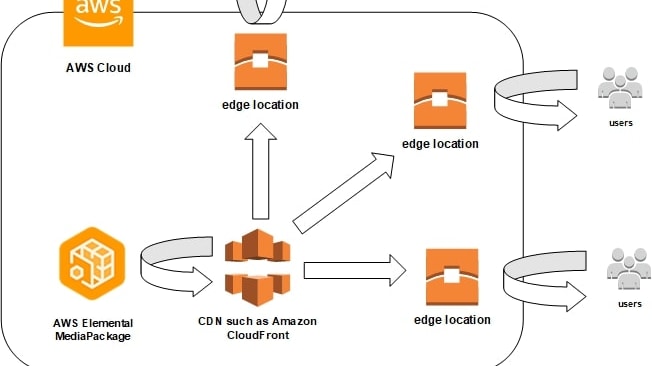
AWS offers an efficient content distribution platform, empowering businesses to disseminate content worldwide with cost-effectiveness and speed. This surpasses DigitalOcean, which lacks a comparable feature, rendering AWS the superior choice for content distribution.
For instance, AWS's CloudFront service accelerates content delivery by caching data in edge locations, reducing latency and ensuring swift access for users across the globe. This is invaluable for businesses with a global audience or those prioritizing fast content delivery.
In summary, AWS excels in content distribution capabilities, making it the preferred choice for organizations seeking seamless, high-performance content delivery solutions. Its CloudFront service enhances user experiences by optimizing content delivery across diverse geographic locations.
AWS Outperforms DigitalOcean with its Extensive App Directory
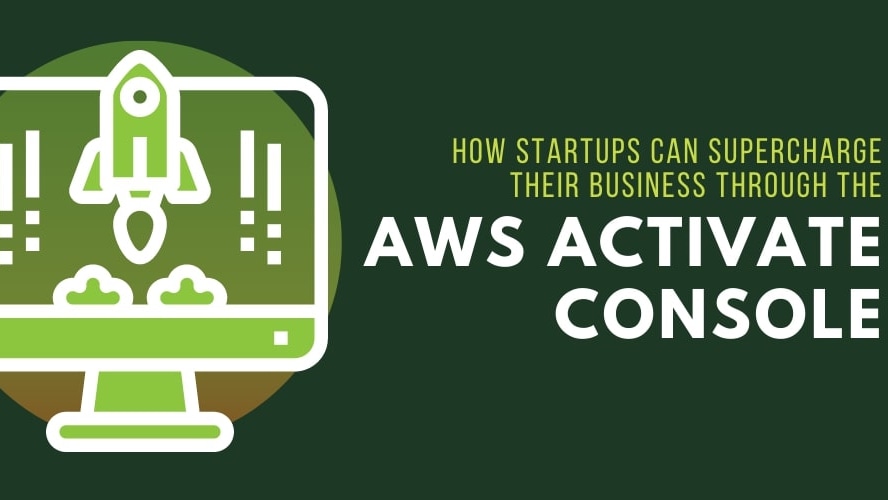
AWS stands out for its robust integration capabilities, encompassing a wide spectrum of tool categories and software that cater to the diverse needs of businesses. It seamlessly integrates with prominent programming languages like Python, Java, and Ruby, and popular cloud and database management platforms such as MySQL, PostgreSQL, and MongoDB. Moreover, it extends compatibility to various operating systems, including Windows, Linux, and macOS, providing flexibility in deployment.
AWS's API support enhances customization, allowing developers to tailor applications precisely to their requirements. In contrast, DigitalOcean, while competent in integrations, falls short of AWS's extensive breadth and depth. Therefore, if your business heavily relies on a plethora of software integrations, AWS emerges as the optimal choice, ensuring seamless compatibility with a wide range of applications and services, ideal for enterprises with intricate integration needs.
Subscribe to our newsletters.
No FOMO here. Stay up-to-date on all the latest deals and news with our monthly newsletter straight to your inbox like 125,000+ entrepreneurs (+ Get 10% off on on our Premium Membership!)
DigitalOcean vs AWS Activate: Which is the best for your business?
DigitalOcean is the best tool for you if:
- If you're a small business and you're on the hunt for an affordable cloud computing platform that's easy to use then look no further
- Your main focus is simplicity and user-friendliness rather than having a number of services and features
- What you really want is top-notch customer support that understands the needs of startups and small, to medium-sized businesses (SMBs)
- It's crucial for you to have a secure platform that offers a variety of security features to keep your data safe
- You're seeking a solution that can grow alongside your business without putting a strain on your budget
AWS Activate is the best tool for you if:
- Your company needs a set of services including computing power, storage, and databases
- Being able to scale your operations is vital for your business and AWS offers the flexibility to handle increases in traffic
- Since your business operates on a level it's essential to have access to a network of data centers and regions
- Considering pricing options is important for you and AWS provides models that cater to different needs and usage requirements
- Given your requirements it's crucial for your business to have an enterprise-level solution, with robust features and capabilities to scale and grow

$5,000 in credits for 1 year on DigitalOcean
Get $5,000 in credits for 1 year on DigitalOcean and up to $5,000 savings with Secret.
Alternatives to DigitalOcean & AWS Activate
Promotions on Cloud Storage software
Start saving on the best SaaS with Secret.
Secret has already helped tens of thousands of startups save millions on the best SaaS like DigitalOcean, AWS Activate & many more. Join Secret now to buy software the smart way.


